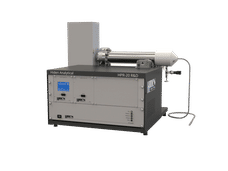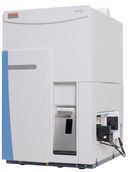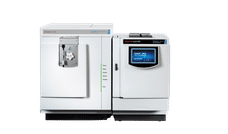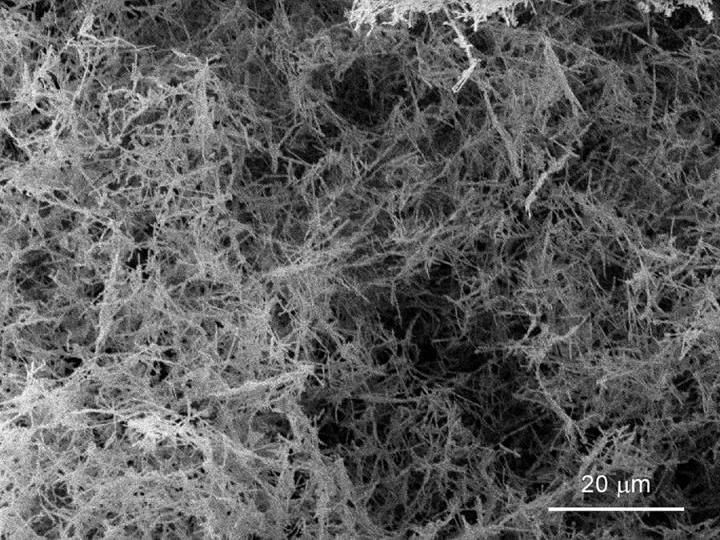QIAGEN Genomics Enters Into Tuberculosis SNP Genotyping Research And License Agreement with TIGR and MMC
Groups Collaborate to Analyze Genetic Variation in Different Strains of M. Tuberculosis
QIAGEN Genomics, Inc., a wholly-owned subsidiary of QIAGEN N.V. (Nasdaq: QGENF; Frankfurt/Neuer Market: QIA: Easdaq: QGEN) today announced that it has entered into a research and license agreement with The Institute for Genomic Research (TIGR) and the Montefiore Medical Center (MMC) regarding an association study of single nucleotide polymorphisms (SNPs) in Mycobaterium tuberculosis (M. tuberculosis).
M. tuberculosis is the bacterium that causes tuberculosis (TB), which is responsible for more than three million deaths per year. According to the public health reports, more than eight million new cases of TB are diagnosed each year, and almost two billion people are latently infected with the bacterium.
QIAGEN Genomics and TIGR performed two studies on the use of QIAGEN Genomics' Masscode ™ system to quickly and accurately genotype M. tuberculosis SNPs. In the initial pilot study, the Masscode system was used to analyze 12 of approximately eleven hundred previously identified M. tuberculosis SNPs, in a total of 24 reference-strain DNA samples furnished by TIGR (under the direction of Rob Fleischmann, Ph.D., TIGR's principale investigator for the project). The pilot study provided an average call rate, defined as the total number of genotype measurements that were obtained divided by the total number of measurements possible, of 99.5%.
The groups then performed, in collaboration with MMC, an analysis of the 12 SNPs plus an additional one hundred M. tuberculosis SNPs against 2 reference-strain DNA samples and 170 clinical isolates of M. tuberculosis. The clinical isolates were part of an extensive genotyping study being performed at MMC in New York. Results of the second study demonstrated the application of the Masscode system in genotyping loci of a highly infectious microbe of public health importance.
"We were very pleased by the accurate, rapid and robust results generated from use of the Masscode system in these studies," said Dr. Claire Fraser, President of TIGR. "We look forward to continuing to work with QIAGEN Genomics and using the Masscode technology to identify additional SNPs in Mycobacterium tuberculosis and other pathogens."
According to David Alland, M.D., who, as Attending in Infectious Disease at MMC and Associate Professor of Medicine, Albert Einstein College of Medicine, served as MMC's principal investigator on the project, "The analysis of these SNPs and samples form the basis of future studies that are expected to provide major insights into the population structure and evolution of the M. tuberculosis species."
The groups believe that by performing such genotyping studies, a better understanding of disease processes may be obtained. Results of such analyses are expected to help guide vaccine and antibiotic development, as well as provide potential markers for diagnostic and prognostic kits. QIAGEN Genomics has been granted an exclusive license from TIGR to make and sell kits or other products based on certain M. tuberculosis SNP patents and know how owned by TIGR. In addition, QIAGEN Genomics has the right to use and to license others to use TIGR's M. tuberculosis SNP patents in providing genotyping services for others using the Masscode system.
The Masscode system is an elegant, cost effective and robust method of SNP genotyping. It couples a unique chemistry - the Masscode tags - with the most quantitative instrument available to date, the single quadrupole mass spectrometer.
These products might interest you
See the theme worlds for related content
Topic World Mass Spectrometry
Mass spectrometry enables us to detect and identify molecules and reveal their structure. Whether in chemistry, biochemistry or forensics - mass spectrometry opens up unexpected insights into the composition of our world. Immerse yourself in the fascinating world of mass spectrometry!

Topic World Mass Spectrometry
Mass spectrometry enables us to detect and identify molecules and reveal their structure. Whether in chemistry, biochemistry or forensics - mass spectrometry opens up unexpected insights into the composition of our world. Immerse yourself in the fascinating world of mass spectrometry!
































































